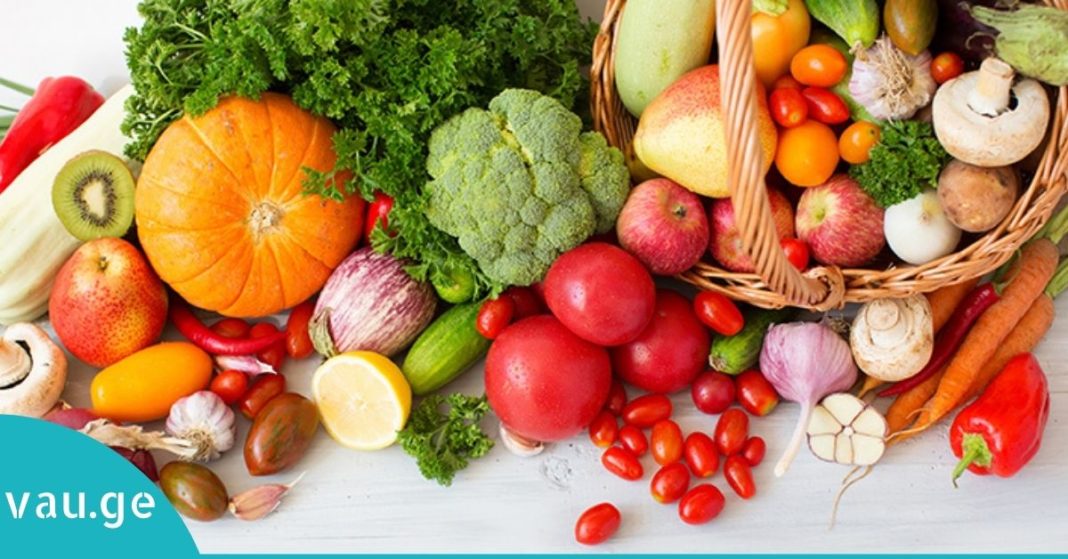The accumulation of cholesterol in the body is a leading cause of many dangerous health conditions. Unfortunately, high cholesterol is not only a problem for adults; nowadays, even children are increasingly diagnosed with elevated cholesterol levels. The modern world, with its abundance of fatty, processed, and refined foods, only makes this issue worse, contributing significantly to the rise of cholesterol in the bloodstream.
High cholesterol is no longer a diagnosis reserved for older individuals — more and more young people are being affected by it. This is a growing concern, especially considering the long-term impact high cholesterol can have on cardiovascular health. When cholesterol levels are too high, it can disrupt normal blood vessel function, increase the risk of blood clots (thrombosis), and lead to serious heart diseases such as heart attacks and strokes.
So, what can be done to fight this silent threat?
The good news is that there are natural and effective ways to combat high cholesterol, starting with simple lifestyle changes. A healthy diet and regular physical activity are powerful tools that can benefit the whole family. These two factors form the foundation of cholesterol management and overall cardiovascular health. By adjusting your eating habits and becoming more active, you can protect your blood vessels and reduce your risk of heart disease.
Fortunately, nature has provided us with a variety of foods that actively help reduce cholesterol levels in the blood. Including these in your diet can make a big difference over time. Below is a list of foods known for their cholesterol-lowering properties — it’s worth remembering and incorporating them into your meals as often as possible.
Natural Cholesterol-Lowering Foods
- Legumes (beans, lentils, chickpeas): Rich in fiber and plant-based protein, legumes help decrease the absorption of cholesterol in the bloodstream.
- Garlic: Known for its medicinal properties, garlic can help reduce bad cholesterol (LDL) levels and improve overall heart health.
- Dark Chocolate: In moderate amounts, dark chocolate (with a high cocoa content) contains antioxidants that support heart function and may lower cholesterol.
- Almonds: Full of healthy fats, fiber, and vitamin E, almonds help raise good cholesterol (HDL) while lowering the bad kind.
- Green Tea: Packed with antioxidants called catechins, green tea may help lower LDL cholesterol and support healthy blood vessels.
- Avocados: This superfood is rich in monounsaturated fats, which are beneficial for heart health and effective in lowering LDL cholesterol.
- Wheat Germ: A great source of fiber and essential nutrients, wheat germ supports a healthy metabolism and helps manage cholesterol.
- Olive Oil: A staple in Mediterranean diets, olive oil contains heart-healthy fats that support balanced cholesterol levels.
- Sesame Seeds: These small seeds are rich in lignans and phytosterols, which are plant compounds that may help reduce cholesterol absorption.
- Flax Seeds: Loaded with omega-3 fatty acids and fiber, flax seeds are excellent for cardiovascular health and reducing inflammation.
- Cabbage (especially white cabbage): A low-calorie, nutrient-dense vegetable that supports detoxification and may assist in cholesterol control.
- Sunflower Seeds: These seeds offer healthy fats, fiber, and antioxidants, making them a heart-friendly snack.
- Pumpkin Seeds: High in magnesium, fiber, and healthy fats, pumpkin seeds can help regulate blood lipid levels.
- Leafy Greens: Greens like spinach, kale, and parsley are full of fiber and nutrients that benefit heart and vessel health.
- Blueberries: These berries are rich in antioxidants and have been linked to improved cholesterol profiles and reduced oxidative stress.
- Currants: A great source of vitamin C and fiber, currants can support immune health and cholesterol management.
- Pomegranates: This fruit is packed with powerful antioxidants that may help clear plaque from arteries and lower cholesterol.
- Fish (especially fatty fish like salmon and mackerel): Omega-3 fatty acids found in fish can lower triglycerides and improve heart health.
- Tomatoes: Rich in lycopene, tomatoes are great for cardiovascular health and may help reduce LDL cholesterol.
- Strawberries: With their high vitamin C content and antioxidants, strawberries are another fruit that supports healthy cholesterol levels.
Including these foods regularly in your diet, along with staying active and avoiding processed and fatty foods, can lead to noticeable improvements in your cholesterol levels and overall well-being. Let food be your medicine — nature has already given us what we need to stay healthy.


















